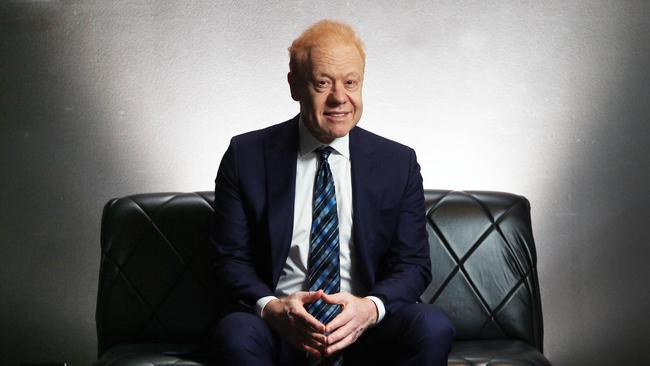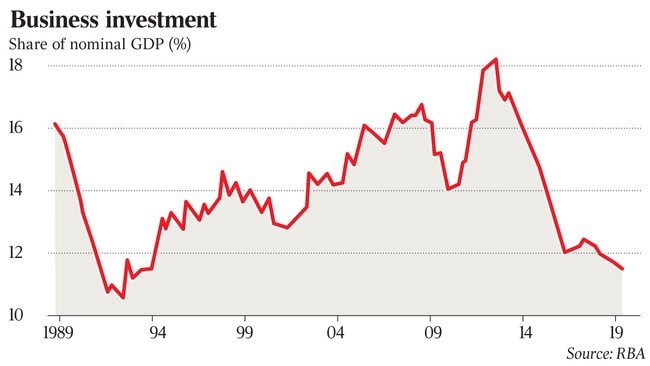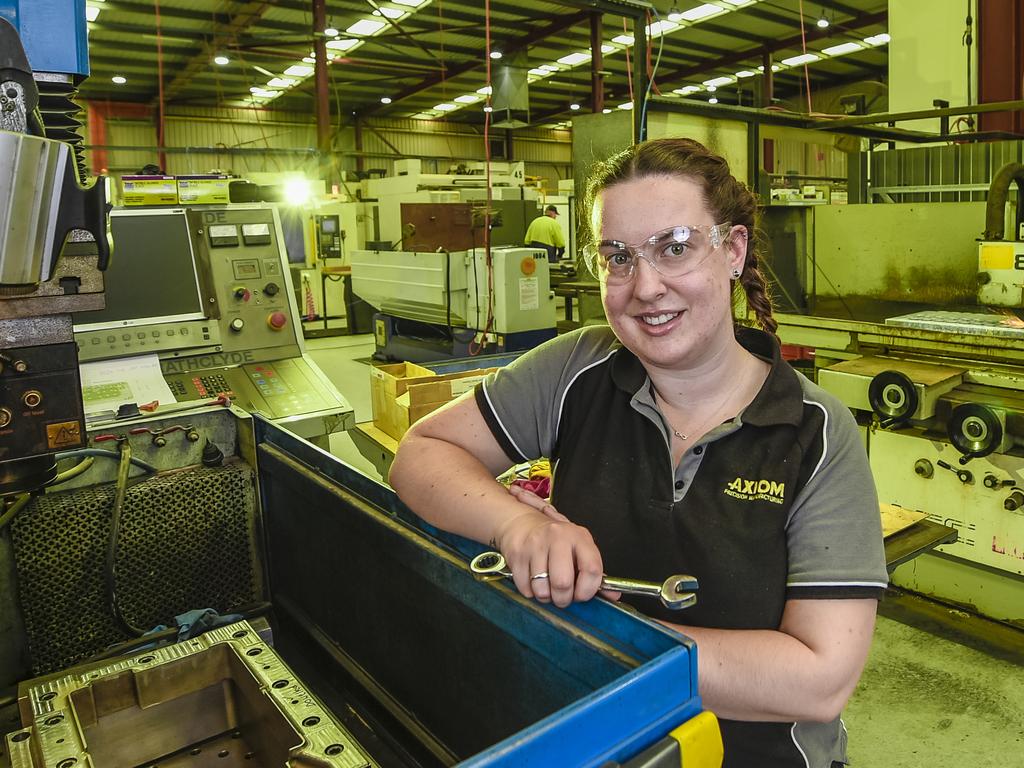Invest for growth: Pratt slams buybacks, backs depreciation allowance
Billionaire Anthony Pratt has hit out at companies for pumping profit into buybacks and divdends instead of investing back in the business.

Visy Industries executive chairman Anthony Pratt has hit out at listed companies for diverting excess profits into share buybacks and boosting dividends instead of capturing the funds for investment in future growth.
The billionaire packaging boss called on the federal government to introduce accelerated depreciation allowances as part of the post-coronavirus reform push to help spur the nation’s investment in manufacturing.
“Ninety per cent of public company earnings in Australia are spent on share buybacks and dividends, rather than investment,” he told an online seminar on advanced manufacturing organised by expatriate organisation Advance and the Australian Embassy in Washington DC.
“I applaud the government for its openness in considering areas like accelerated depreciation for manufacturing investment, so that more is spent on machines and less on share buybacks and dividends.”
Mr Pratt said more needed to be done to boost the role of manufacturing in Australia, which was now down to only 6 per cent of GDP.
“I believe the key to Australia’s future is manufacturing,” he said.
His comments come amid an intense focus on manufacturing through the coronavirus pandemic, with a push to fortify the nation’s supply chain for essential goods. At the same time hundreds of producers — large and small — have retooled their businesses in recent months to make protective equipment for hospitals and healthcare workers.
Federal Treasurer Josh Frydenberg indicated late last year that the Morrison government was considering a form of accelerated depreciation allowances for new business investment in its planning for the May budget, which was postponed because of the COVID-19 crisis.

In its pre-budget submission, the Business Council of Australia also supported the introduction of new business investment allowances as a way to boost lagging private sector investment in Australia.
Federal Industry Minister Karen Andrews this month told The Australian that locally made products could compete in specialised areas, but warned that the sector would only grow if the business community “wake up” to its own strengths.
Speaking at the seminar on Wednesday, Mr Pratt said policies to encourage advanced manufacturing in Australia included accelerated depreciation allowances for manufacturing investment, a more proactive water policy that could include ways to divert water from northern Australia, and a more concerted policy to reduce energy costs in Australia.
He said Australia should make a big push to boost its food manufacturing industry given its strong food and agricultural base.
Mr Pratt said food manufacturing, which currently represented 30 per cent of all manufacturing in Australia, could significant increase economic activity.
“If you sell wheat you get $100 a tonne, if you sell flour you get $500 a tonne, but if you sell bread you get $5000 a tonne — all of which means jobs, jobs, jobs.”
Food manufacturing already contributed $125bn to the economy and generated some $40bn a year in exports, he said.
“We should double down on this winner,” he said.
He said funds from the multi-trillion-dollar superannuation sector in Australia could also be used to help boost manufacturing in Australia.
“Australia’s superannuation is $3 trillion today, which is twice the size of the Australian economy,” he said. It was predicted to grow to as much as $7 trillion by 2032, he said.
Mr Pratt said Australian food had a strong “brand” among Asia’s growing middle classes: safe and clean.
At the same time he said the federal government should “embrace free trade agreements” to help boost food exports to Asia “and not the old world of regressive tariffs and fortress Australia”.
“We should focus on what we do well, like food manufacturing, and not on things we will never be competitive on.
“Open trading has been a core part of our prosperity over the centuries.
“With the Australian dollar so low, there has never been a better time to trade.”
He said Pratt Industries and Visy invested $500m in new machinery every year, which also meant jobs for Australians, including waste paper recycling infrastructure, 100 per cent recycled paper mills and clean energy plants to power those mills.
He had made a pledge to invest $2bn in manufacturing jobs in Australia over the next decade.
Former Dow Chemicals chairman and chief executive Andrew Liveris told the same seminar that Australia needed to take a 21st century approach to manufacturing rather than an outdated 20th century approach.
Mr Liveris said concerted policy changes by US presidents Barack Obama and Donald Trump had helped to boost the role of manufacturing in the US from 11 per cent of GDP to its current level of around 20 per cent. Australia needed to look at potential areas of manufacturing in areas where it has a competitive advantage.
He said this could include investing in lithium batteries, rare earths, upgraded paper products and value-added chemicals.
“We need to take a 21st century attitude towards manufacturing, putting together the intersection of science, the modern economy and digital and human skills,” he said.
He said advanced manufacturing would lead to “higher paying jobs for all of our workers and not just an elite group”.
Mr Liveris is an adviser to the federal government’s COVID-19 Commission led by former Fortescue Metals CEO Nev Power.
He said his committee was working on a series of recommendations to be given to the federal government later this year on ways to boost the advanced manufacturing sector in Australia.





To join the conversation, please log in. Don't have an account? Register
Join the conversation, you are commenting as Logout